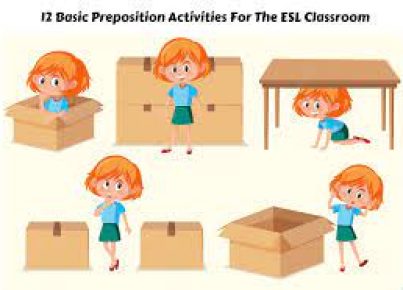Teaching is a complex and multifaceted profession, especially when you have to communicate with students who don’t share your first language. Despite the challenges, these situations offer great opportunities for personal and professional growth. Here are five valuable lessons you can learn if you don’t share a first language with your students.
1. The Importance of Patience
Patience is crucial when teaching in a multilingual classroom. Both you and your students will need time to adapt and understand each other’s language, culture, and communication styles. By being patient and persistent, you’ll create an environment where learning can flourish despite language barriers.
2. Nonverbal Communication is Vital
Effective communication goes beyond words, so it’s important to pay attention to nonverbal cues in a multicultural classroom. Gestures, facial expressions, and body language can help bridge the gap between different languages. Developing your nonverbal communication skills will not only improve your interactions with students who speak different languages but also enrich your teaching overall.
3. The Value of Cultural Sensitivity
When working with students who have diverse cultural backgrounds, it’s essential to be sensitive to their individual needs and experiences. Understanding different cultural norms and practices allows you to build stronger relationships with your students while fostering a more inclusive learning environment.
4. Problem-solving Skills Are Enhanced
Teaching students who don’t share a common language tests your problem-solving abilities as an educator. Overcoming linguistic obstacles requires creativity and resourcefulness – skills that are valuable in all aspects of life. As you develop new techniques and strategies for reaching diverse learners, your problem-solving expertise will continue to grow.
5. Lifelong Learning Becomes the Norm
Encountering linguistic barriers in the classroom is bound to make you more aware of your own language skills and limitations. Working with multilingual students often inspires teachers to improve their language proficiency and learn about other cultures. Embracing lifelong learning as a teacher not only benefits your professional growth but can also encourage your students to do the same.
In summary, teaching students who don’t share your first language can be challenging, yet it offers tremendous opportunities for personal and professional growth. By focusing on patience, nonverbal communication, cultural sensitivity, problem-solving skills, and lifelong learning, you will not only improve your teaching repertoire but also create a more inclusive and effective learning environment for all your students.





